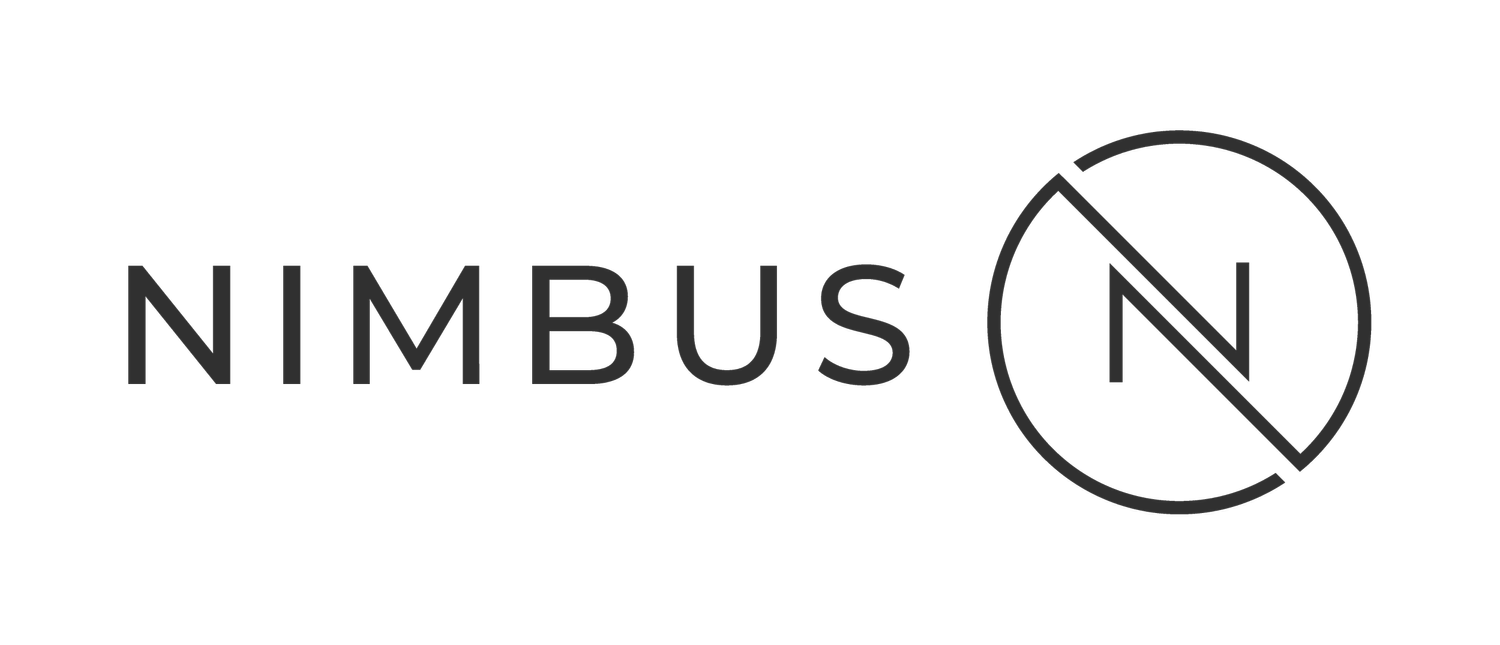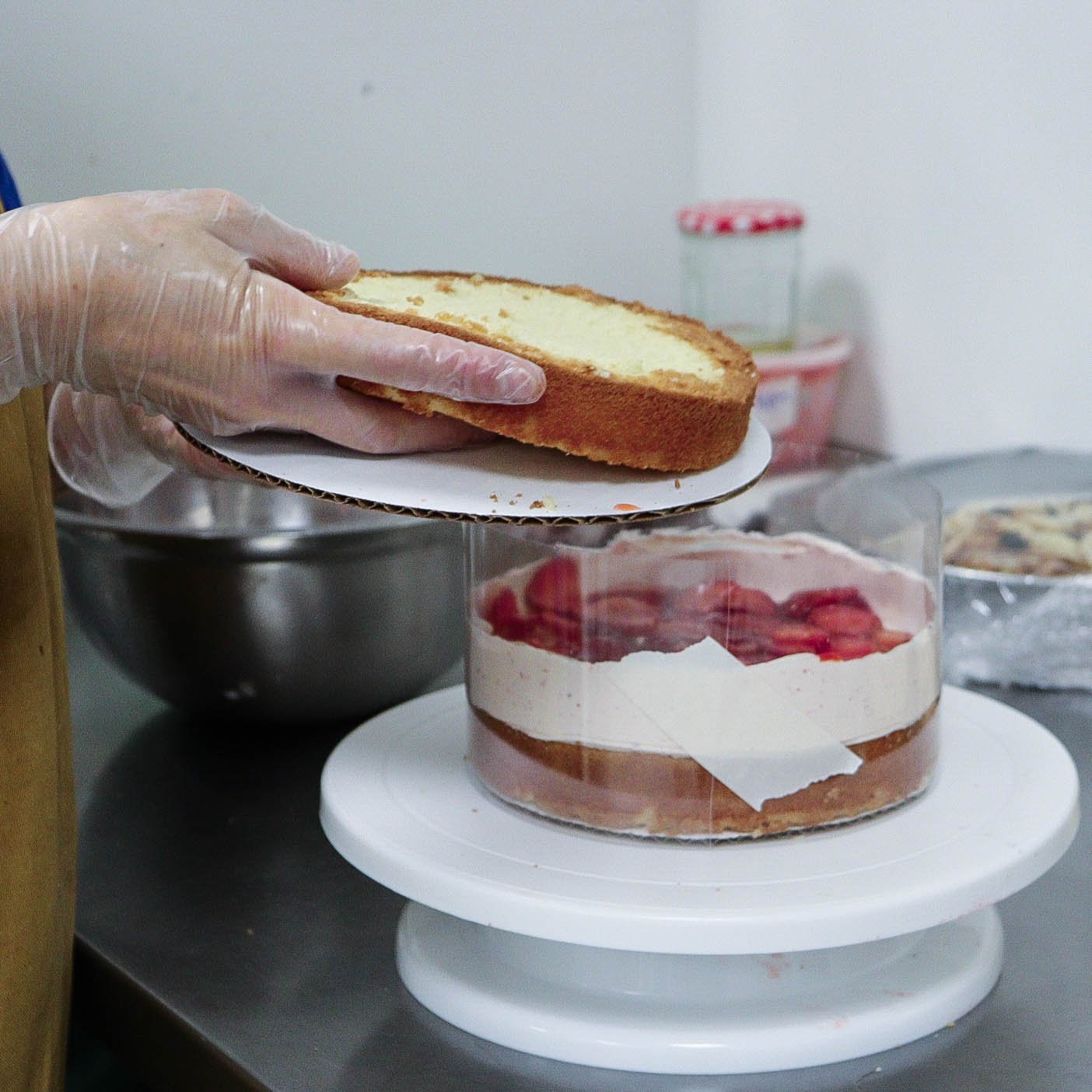Exploring the food sector: beyond the traditional restaurant
When people think of a food business, restaurants immediately come to mind. However, there are thousands of entrepreneurs nationwide who operate food businesses without the burden of running an entire restaurant space. Let's take a closer look at these innovative food businesses.
Catering
Many people consider getting catering services from their favorite restaurant, but numerous individual chefs have made catering their full-time job. Catering can take various forms, including buffet style, family style, or individual plated portions. Caterers are hired for all kinds of events, from graduation parties and weddings to daily lunches at large corporations. Whether you're looking for event catering or corporate catering, the flexibility and customization that caterers offer can make any occasion special. Memphis Seoul and Stocked are New York City based businesses that offer corporate catering.
Meal prep
With the rise of food delivery services, people are exploring options for weekly prepared meal delivery. Meal prep services offer a convenient solution for those looking to maintain a healthy diet without the hassle of daily cooking. These businesses provide customized meal plans tailored to dietary preferences and nutritional goals. From healthy meal prep to specialized weekly meal plans, these services cater to busy individuals seeking nutritious and convenient food options. Smart Mom’s Organic’s, Dishin’ X Danny, and Laroot are examples of meal prep services.
Pop-up restaurants
Pop-up restaurants are temporary dining establishments that operate in various locations for a short period. They offer a unique dining experience and allow chefs to experiment with different menus and concepts without the long-term commitment of a traditional restaurant. Pop-ups can create buzz and attract food enthusiasts looking for something new and exciting. Whether hosting pop-up restaurant events or exploring unique dining concepts, these temporary setups provide an exciting twist to traditional dining. Brooklyn Curry Project is an example of a pop-up restaurant that has found much success.
Packaged goods
Many food entrepreneurs have found success in creating and selling packaged goods. These products can range from artisanal jams and sauces to ready-to-eat snacks and beverages. Packaged goods allow food businesses to reach a broader market, as they can be sold online, at farmers' markets, and in retail stores. The demand for gourmet food products and artisanal packaged goods continues to grow, offering ample opportunities for creative food entrepreneurs. Some up-and-coming brands include Stellar Granola and Enso Chips.
Virtual restaurants
Virtual restaurants, also known as ghost kitchens, operate exclusively through online orders and delivery. These businesses do not have a physical dining space, which significantly reduces overhead costs. Virtual restaurants can focus on creating high-quality dishes for delivery, tapping into the growing trend of online food ordering. As the popularity of virtual restaurants and ghost kitchens rises, so does the potential for innovative and efficient food service models. Some new brands available for pick up and delivery in NYC are The Ssam and Nomad. Both also offer catering services!
Baked goods
Bakeries are another popular food business that can operate without a traditional storefront. Many bakers sell their products online, at local markets, or through wholesale arrangements with cafes and restaurants. This flexibility allows bakers to focus on their craft and reach customers in various ways. From artisan baked goods to homemade pastries, online bakeries offer a wide range of delicious options for customers seeking quality baked treats. Lael Cakes is a New York City based baker who offers custom cakes.
Private chef services
Private chef services offer a unique and personalized dining experience. These chefs provide customized meal planning, grocery shopping, and meal preparation in clients' homes. This service is ideal for individuals or families who want tailored, high-quality meals without the effort of cooking themselves. Personal chefs, such as Deborah Jean, cater to specific dietary needs and preferences, making it a highly sought-after service for busy professionals and those with special dietary requirements.
Cooking classes and workshops
Offering cooking classes and workshops is another profitable food business model. These can be held in-person or online, teaching participants various culinary skills and recipes. Cooking classes can range from basic cooking techniques to advanced cuisine, and they often cater to different age groups and skill levels. Workshops provide a hands-on learning experience that food enthusiasts enjoy, making them a popular choice for team-building events, private parties, and educational programs.
There are so many different routes a food concept can develop into. Don’t be afraid to push the boundaries of your initial idea, and always remember to innovate on your existing concepts and see if you can branch into different categories. If you are interested in developing your food business, be sure to check out Nimbus for the ideal space to cultivate your concept!


